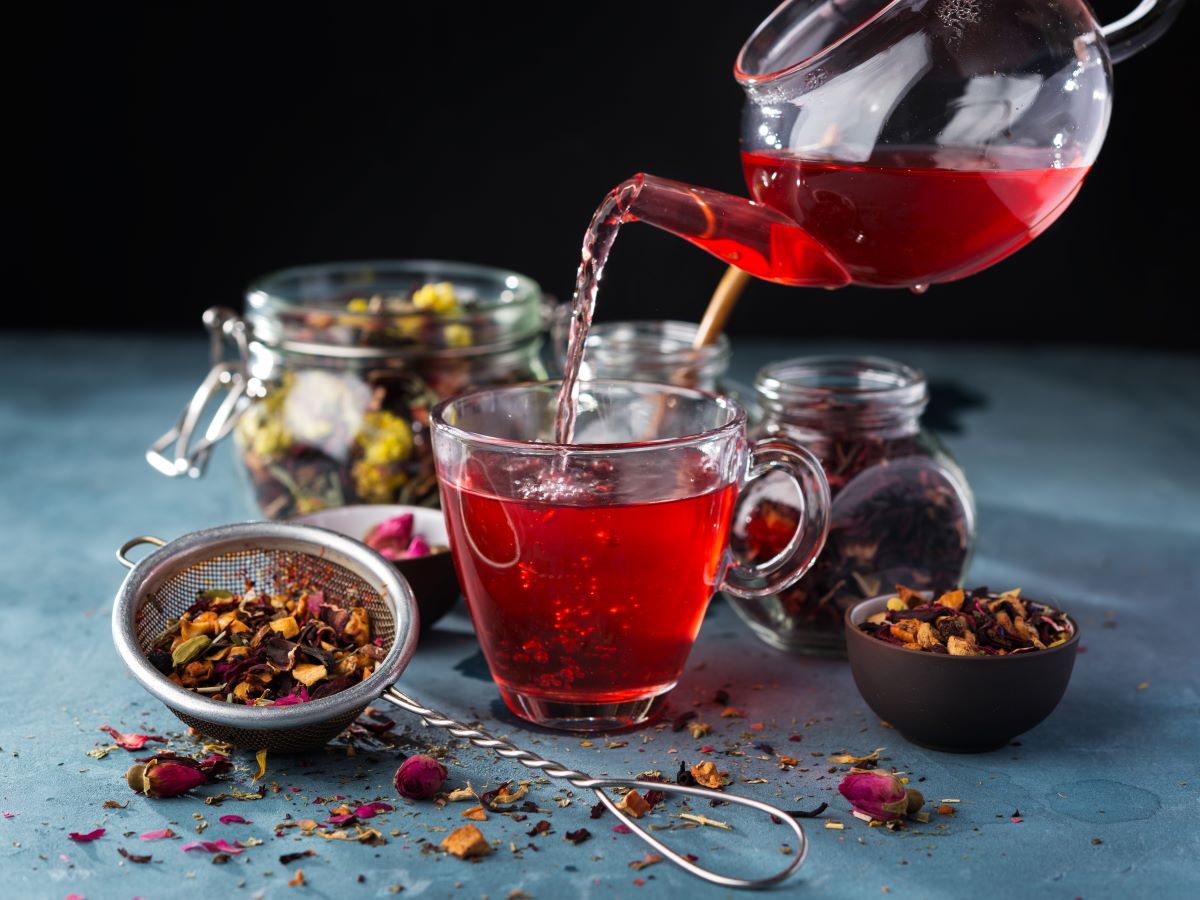

Articles
How To Store Brewed Tea
Modified: December 7, 2023
Learn the best methods for storing and preserving brewed tea in this comprehensive article. Discover useful tips and tricks to keep your tea fresh and flavorful for longer.
(Many of the links in this article redirect to a specific reviewed product. Your purchase of these products through affiliate links helps to generate commission for Storables.com, at no extra cost. Learn more)
Introduction
Storing brewed tea properly is essential to maintain its flavor, freshness, and quality over time. Whether you have leftover tea from your morning brew or you want to prepare a large batch for future use, knowing the best storage techniques is crucial. In this article, we will explore the different containers that are ideal for storing brewed tea, provide tips for maintaining its freshness, and explain how to avoid contamination and spoilage. Additionally, we will discuss the importance of proper labeling and organization and answer the common question of how long brewed tea can be safely stored.
Tea enthusiasts understand that a well-brewed cup of tea requires the right balance of flavors, and this delicate balance should not be compromised during storage. By using the appropriate storage containers and following some simple tips, you can ensure that your brewed tea retains its flavor and aroma for an extended period.
So, let’s dive into the best practices for storing brewed tea and discover how to preserve its richness and taste for your future enjoyment.
Key Takeaways:
- Properly storing brewed tea in airtight glass, stainless steel, or ceramic containers away from heat and light preserves its flavor and freshness, ensuring a delightful tea-drinking experience every time.
- Implementing proper labeling, organization, and hygiene practices while storing brewed tea minimizes contamination and spoilage, allowing for an organized and safe tea collection with extended shelf life.
Read more: How To Store Compost Tea
Best Containers for Storing Brewed Tea
When it comes to storing brewed tea, the choice of container is crucial. The right container can help preserve the freshness, aroma, and flavor of the tea, while the wrong one can lead to deterioration and spoilage. Here are some of the best containers for storing brewed tea:
- Glass Jars or Bottles: Glass containers are ideal for storing brewed tea because they are non-reactive and do not absorb flavors or odors. Opt for jars or bottles with airtight lids to prevent oxidation and maintain the tea’s freshness. Store the jars/bottles in a cool, dark place to further preserve the tea’s qualities.
- Stainless Steel Canisters: Stainless steel canisters are another excellent option for storing brewed tea. They are durable, non-reactive, and can provide an airtight seal to keep the tea fresh. Look for canisters with double-walled insulation to protect the tea from light and temperature fluctuations.
- Ceramic or Porcelain Containers: Ceramic or porcelain containers are popular choices for storing brewed tea, especially for tea enthusiasts who prefer a traditional touch. These containers are non-reactive, and their opaque nature helps block out light. Look for containers with tight-fitting lids or silicone seals for optimal freshness.
- Vacuum-Sealed Bags: Vacuum-sealed bags are a practical option for storing brewed tea, especially if you have a large quantity. These bags remove excess air, preventing oxidation and keeping the tea fresh for a longer time. Just make sure to seal them properly to avoid air leakage.
Regardless of the container you choose, ensure that it is clean and free from any lingering odors. Wash the container with mild soap and water, and thoroughly dry it before storing the brewed tea. Avoid using containers made of plastic or aluminum as they can affect the taste and quality of the tea.
Now that we know which containers are best for storing brewed tea, let’s move on to some essential tips for maintaining its freshness.
Storage Tips for Maintaining Tea Freshness
Proper storage is key to maintaining the freshness and flavor of brewed tea. Here are some tips to help you keep your tea at its best:
- Keep it airtight: Air is the biggest enemy when it comes to maintaining the freshness of tea. Make sure to store your brewed tea in airtight containers to minimize exposure to oxygen. This will help preserve its flavor and prevent it from going stale.
- Avoid heat and sunlight: Tea is sensitive to heat and sunlight, as they can accelerate oxidation and degrade its quality. Store your brewed tea in a cool and dark place, such as a pantry or cupboard. Avoid storing it near the stove or in direct sunlight, as these can impact its freshness and taste.
- Don’t mix flavors: If you have different types of brewed tea, it is crucial to store them separately. Stronger-flavored teas can overpower milder ones and compromise their taste. Keep each tea variety in its own airtight container to maintain their individual flavors.
- Use opaque containers: Light can degrade tea over time. Opt for containers that are opaque or have a tinted glass to block out light and protect your tea from harmful UV rays. This will ensure that your tea stays fresh and maintains its color and flavor for longer.
- Refrigerate or freeze: If you live in a hot and humid climate or want to extend the shelf life of your brewed tea, you can consider refrigerating or freezing it. Brewed tea can be refrigerated for up to 2-3 days, while freezing can extend its shelf life for several months. However, keep in mind that freezing can affect the taste and texture of the tea, so it’s best to consume it within a reasonable time frame.
- Keep away from strong odors: Tea can easily absorb odors from its surroundings. Avoid storing brewed tea near strong-smelling foods or substances like spices, onions, or cleaning products. This will help maintain the integrity of the tea’s aroma and flavor.
By following these storage tips, you can ensure that your brewed tea stays fresh, flavorful, and enjoyable for an extended period. Now, let’s delve into the importance of avoiding contamination and spoilage.
Avoiding Contamination and Spoilage
Contamination and spoilage can quickly ruin the flavor and quality of brewed tea. Here are some essential practices to avoid contamination and ensure the longevity of your tea:
- Use clean utensils: When brewing tea, make sure to use clean utensils, such as teapots, tea infusers, or tea bags. Dirty utensils can introduce bacteria or contaminants that can spoil the tea.
- Properly wash and dry containers: Before storing brewed tea, ensure that the containers are thoroughly cleaned and dried. Any residual moisture can promote the growth of mold or bacteria, leading to spoilage. Use mild soap and warm water to wash the containers, and allow them to air dry completely.
- Avoid touching the tea: When transferring brewed tea from one container to another, use clean utensils or pour it carefully to avoid direct contact with your hands. This helps prevent any bacteria from being introduced to the tea.
- Avoid cross-contamination: To prevent cross-contamination, do not store tea in containers that previously held other food items or beverages. Even if the containers have been thoroughly cleaned, residual flavors or odors can transfer to the tea and compromise its taste.
- Maintain proper hygiene: Ensure that your hands are clean and dry when handling brewed tea or its storage containers. Practicing good hygiene minimizes the risk of introducing contaminants that can spoil the tea.
- Regularly check for signs of spoilage: Periodically inspect your stored brewed tea for any signs of spoilage, such as a strange odor, mold growth, or off-color. If you notice any of these signs, discard the tea immediately to prevent any potential health risks.
By following these practices, you can minimize the risk of contamination and spoilage, ensuring that your brewed tea stays fresh and safe to consume. Next, let’s discuss the importance of proper labeling and organization when storing brewed tea.
Store brewed tea in a sealed container in the refrigerator to maintain its freshness and prevent it from absorbing other odors. It’s best to consume within 24 hours for optimal flavor.
Proper Labeling and Organization
When it comes to storing brewed tea, proper labeling and organization are key factors in maintaining freshness and ensuring a hassle-free tea-drinking experience. Here are some tips to help you keep your brewed tea collection organized:
- Label your containers: Properly label each container with the type of tea, brew date, and any additional information you find useful. This will prevent confusion and help you easily identify and select the tea you want to enjoy.
- Create a system: Develop a system that works for you to organize your brewed tea collection. It can be as simple as arranging the containers alphabetically or by tea type. Having an organized system will make it easier for you to locate specific teas and keep track of freshness.
- Rotate your teas: To ensure that you consume your brewed teas in a timely manner, implement a rotation system. Place newly brewed teas at the back of your storage area and bring forward the older ones. This way, you’ll use the tea before its flavors start to deteriorate.
- Consider using storage drawers or shelves: If you have a substantial tea collection, using storage drawers or shelves can help keep your containers organized and easily accessible. Allocate specific sections or drawers for different types of tea, making it convenient for you to find and enjoy your brews.
- Keep an inventory: Maintain a written or digital inventory of your brewed tea collection. Include details such as tea type, brew date, and quantity. This will not only help you keep track of your teas but also assist in planning your tea-drinking sessions.
- Regularly review and refresh: Periodically review your brewed tea collection to check for any expired or spoiled teas. Discard any teas that are past their prime and refresh your collection with newly brewed batches.
By implementing proper labeling and organization techniques, you can ensure that your brewed tea remains organized, easily accessible, and at its best quality. Now, let’s address the commonly asked question about the shelf life of brewed tea.
Read more: How To Store Tea Cups And Saucers
How Long Can Brewed Tea be Stored?
The shelf life of brewed tea depends on various factors, including the type of tea, how it is stored, and the environment in which it is stored. While brewed tea is best enjoyed fresh, here are some general guidelines on how long you can store different types of brewed tea:
- Green Tea: Freshly brewed green tea can be stored in the refrigerator for up to 2-3 days. However, for the best flavor and quality, it is recommended to consume green tea within 24 hours.
- Black Tea: Brewed black tea generally has a longer shelf life than green tea. It can be stored in the refrigerator for 3-5 days without significant flavor deterioration. If properly stored, some black teas may even retain their flavor for up to a week.
- Oolong Tea: Oolong tea falls between green and black teas in terms of shelf life. It can be stored in the fridge for 2-4 days before the flavor starts to degrade. Like black tea, certain oolong teas may last even longer if stored optimally.
- Herbal Tea: Herbal teas, also known as tisanes, have a longer shelf life compared to traditional teas. Depending on the ingredients used, brewed herbal teas can be stored in the refrigerator for up to a week or even longer. Check for any signs of spoilage before consuming.
It’s important to note that these are general guidelines, and the actual shelf life of brewed tea may vary depending on factors such as storage conditions, temperature, and hygiene practices. Always use your senses to assess the quality of the tea before consuming it. If you notice any off-color, strange odor, or taste, it’s best to discard the tea to avoid any potential health risks.
Remember, the fresher the tea, the better the flavor and aroma. It is always recommended to consume brewed tea as soon as possible to fully enjoy its delicate nuances and natural goodness.
Now that you have learned about the storage duration of brewed tea, let’s conclude our article.
Conclusion
Proper storage of brewed tea is essential to maintain its freshness, flavor, and aroma. By using the right containers, following storage tips, and avoiding contamination and spoilage, you can prolong the shelf life of your brewed tea and enjoy a delightful cup every time.
When it comes to choosing containers, opt for airtight glass jars or bottles, stainless steel canisters, or ceramic/porcelain containers. Avoid plastic or aluminum, as they can impact the taste and quality of the tea. Keep your brewed tea in a cool, dark place, away from heat, sunlight, and strong odors to prevent deterioration.
Be diligent in your practices to avoid contamination and spoilage. Use clean utensils, properly wash and dry containers, and practice good hygiene when handling brewed tea. Regularly check for any signs of spoilage, and discard any teas that show signs of deterioration.
Proper labeling and organization play a crucial role in ensuring your brewed tea collection remains fresh and easily accessible. Label your containers, create a system for organization, and rotate your teas to consume them before they lose their flavors.
Lastly, the shelf life of brewed tea varies depending on the type of tea, storage conditions, and hygiene practices. Green tea can be stored for 2-3 days, while black tea can last up to 3-5 days. Oolong tea falls in between, and herbal teas can potentially last even longer. Always use your senses to assess the quality of brewed tea before consuming it.
In conclusion, by employing the best storage techniques, you can prolong the freshness, flavor, and quality of your brewed tea. Enjoy the blissful experience of savoring a cup of tea that has been properly stored and maintained. Cheers to a satisfying tea-drinking journey!
Frequently Asked Questions about How To Store Brewed Tea
Was this page helpful?
At Storables.com, we guarantee accurate and reliable information. Our content, validated by Expert Board Contributors, is crafted following stringent Editorial Policies. We're committed to providing you with well-researched, expert-backed insights for all your informational needs.
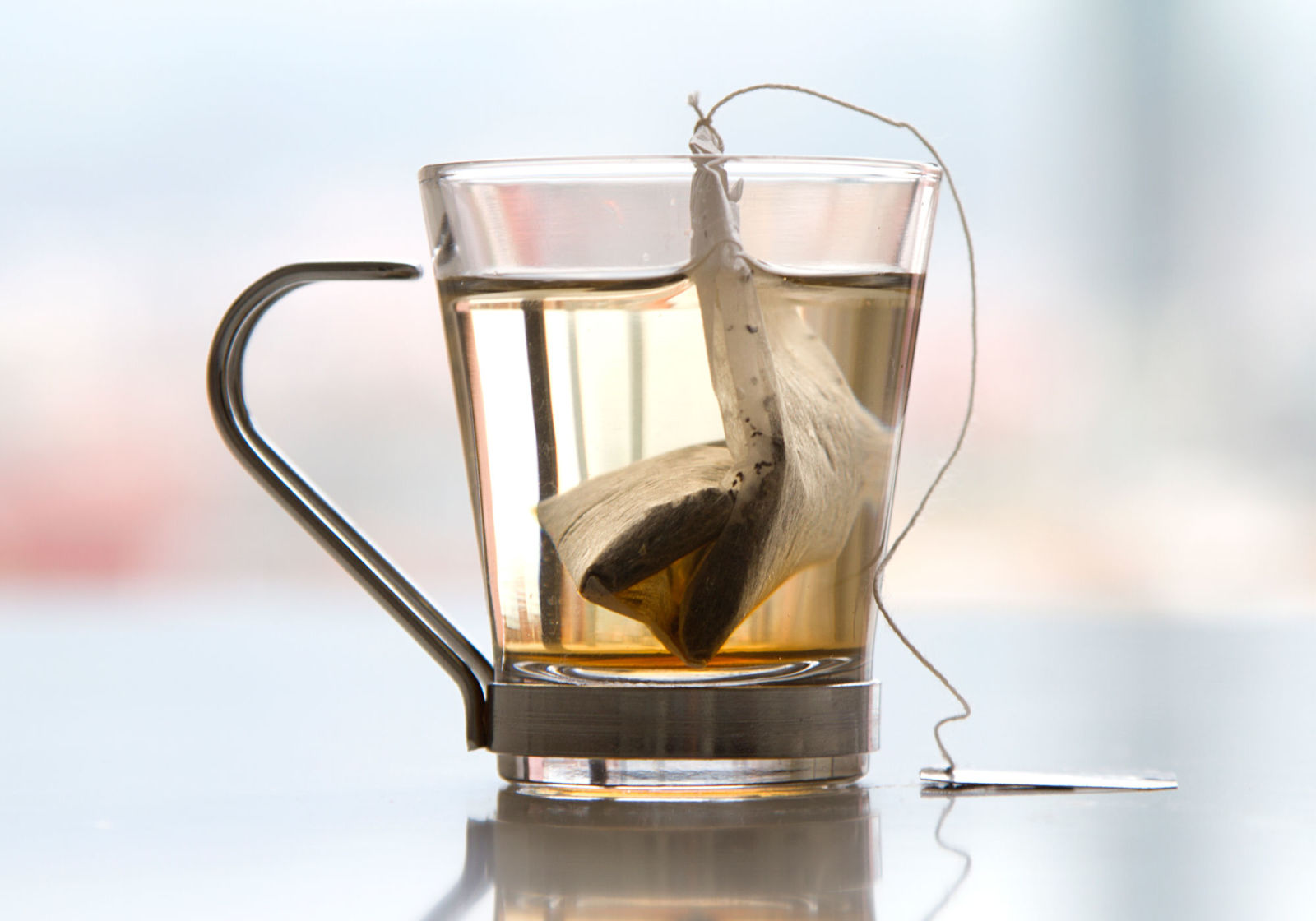
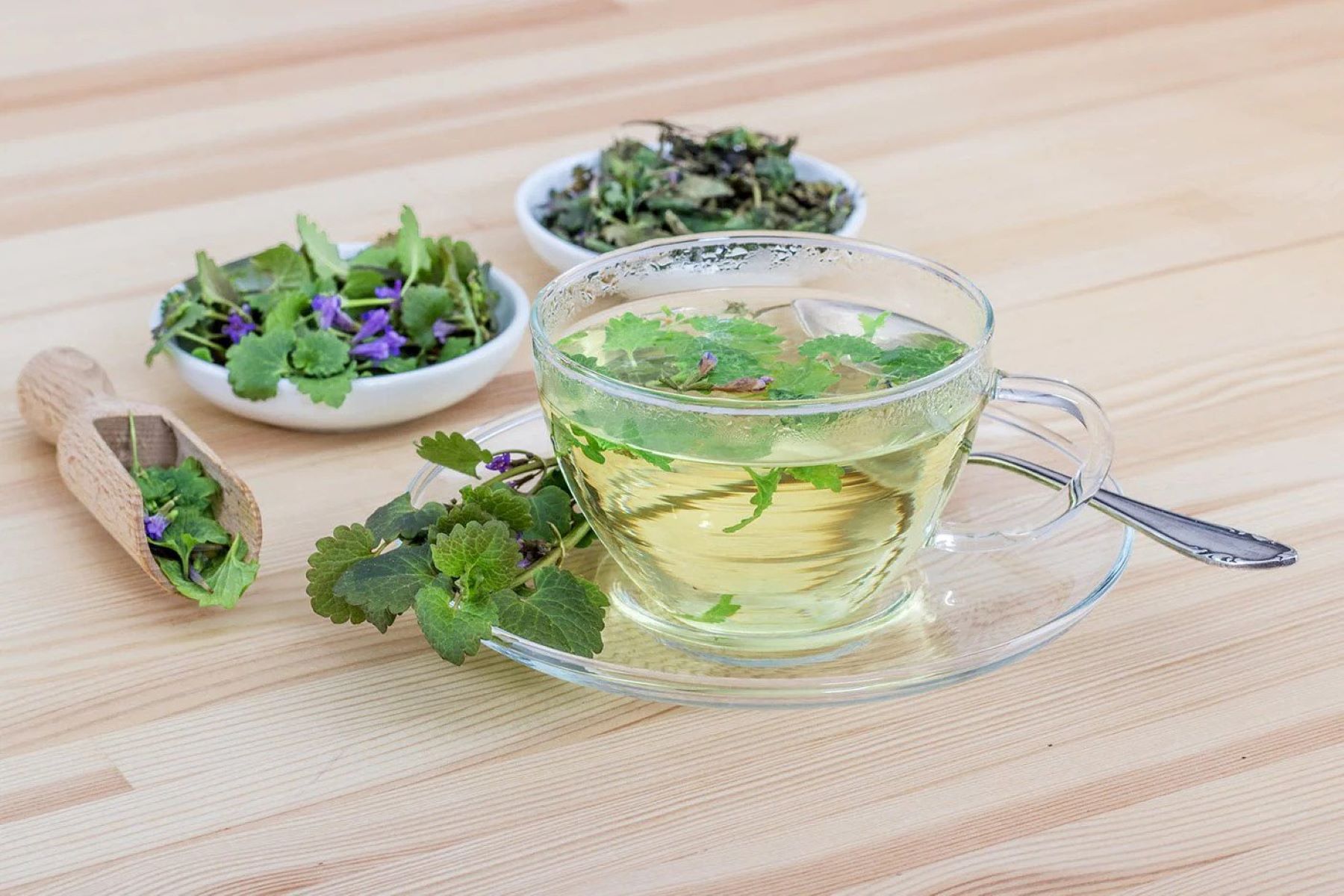
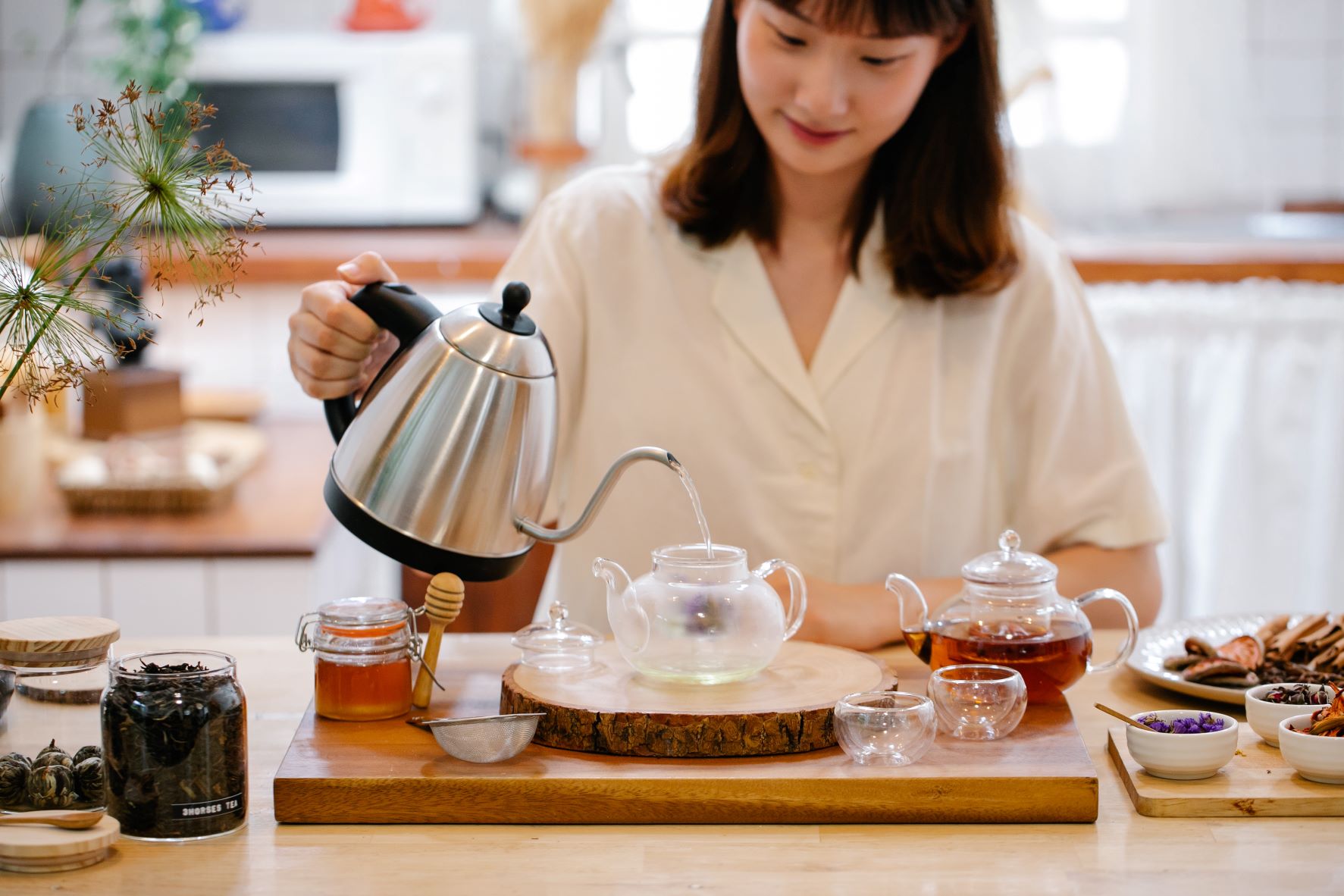
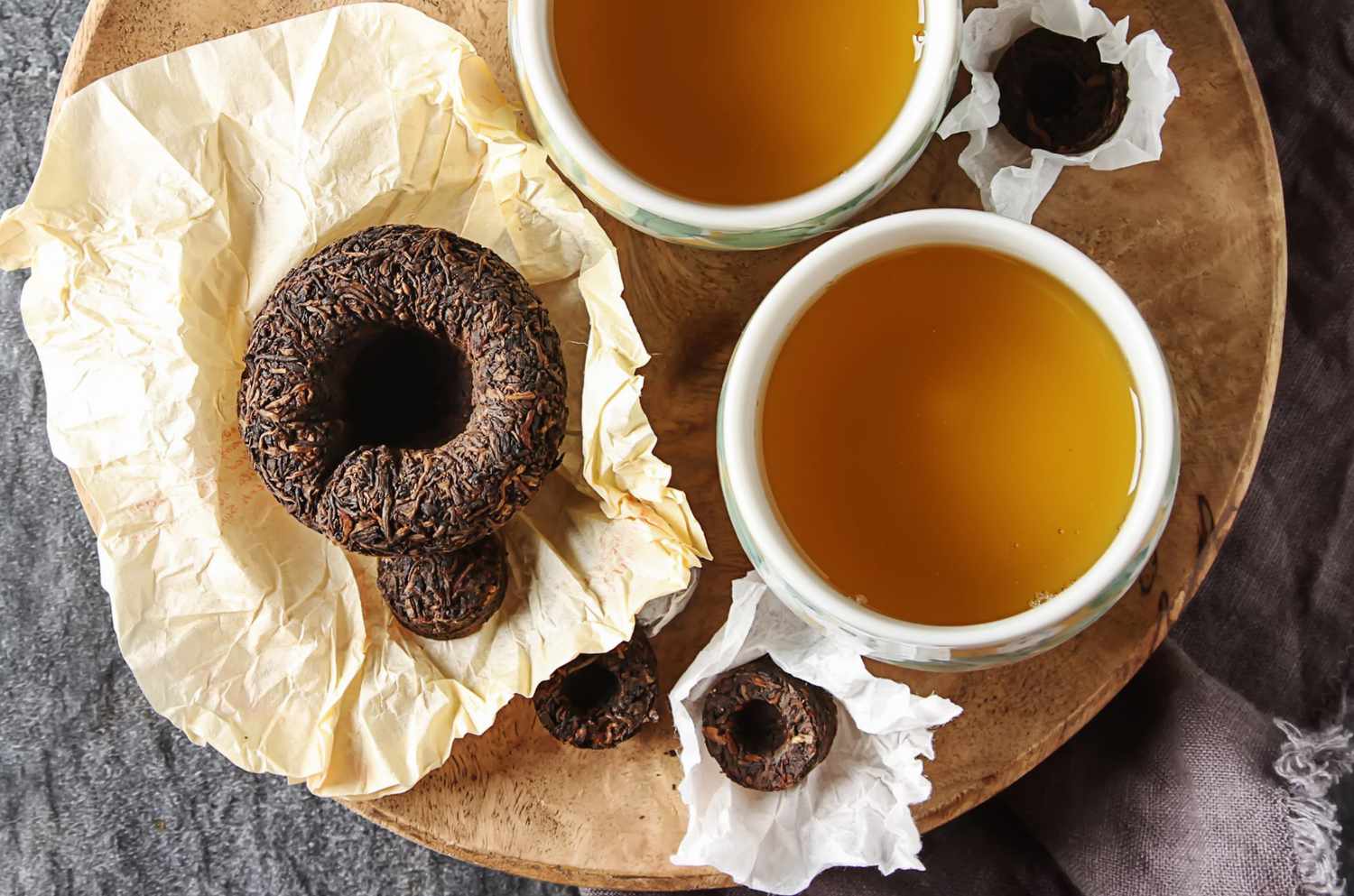
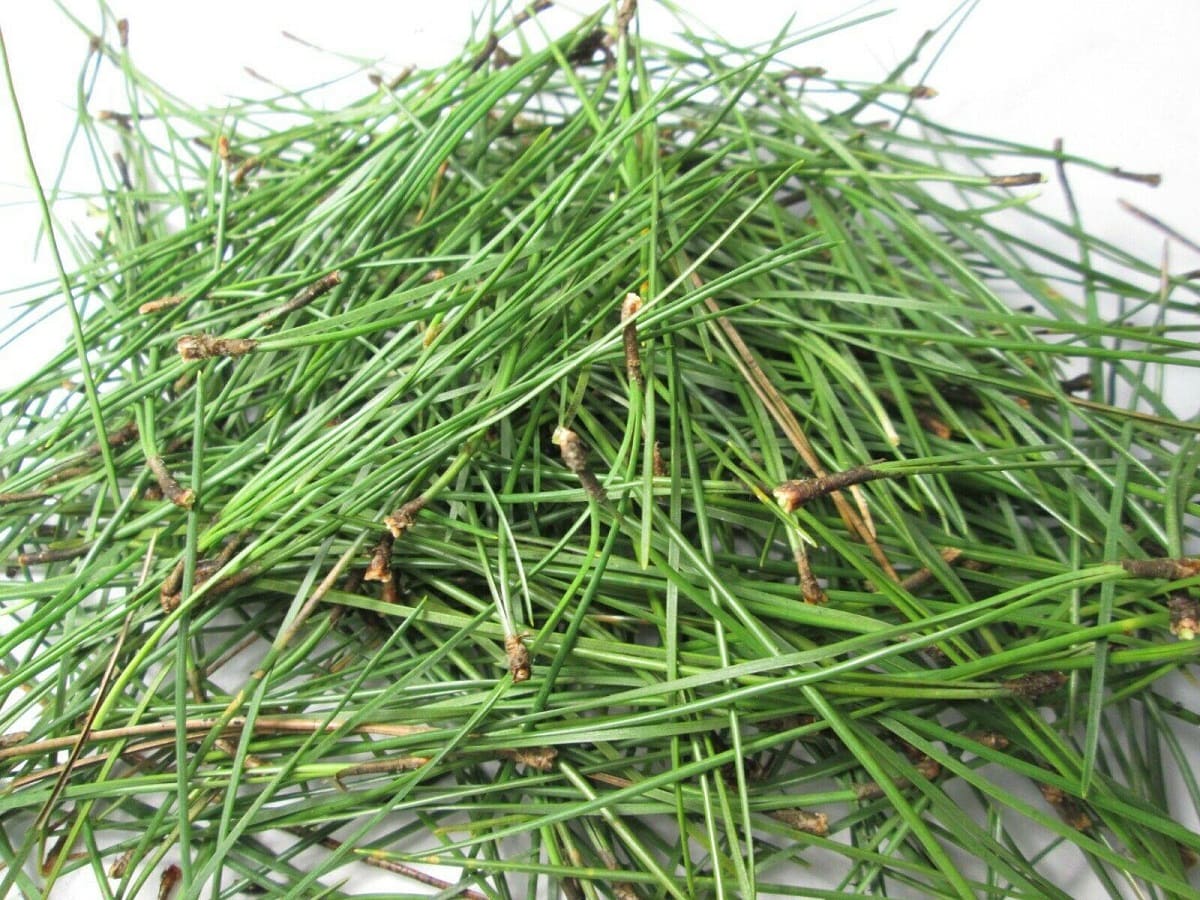
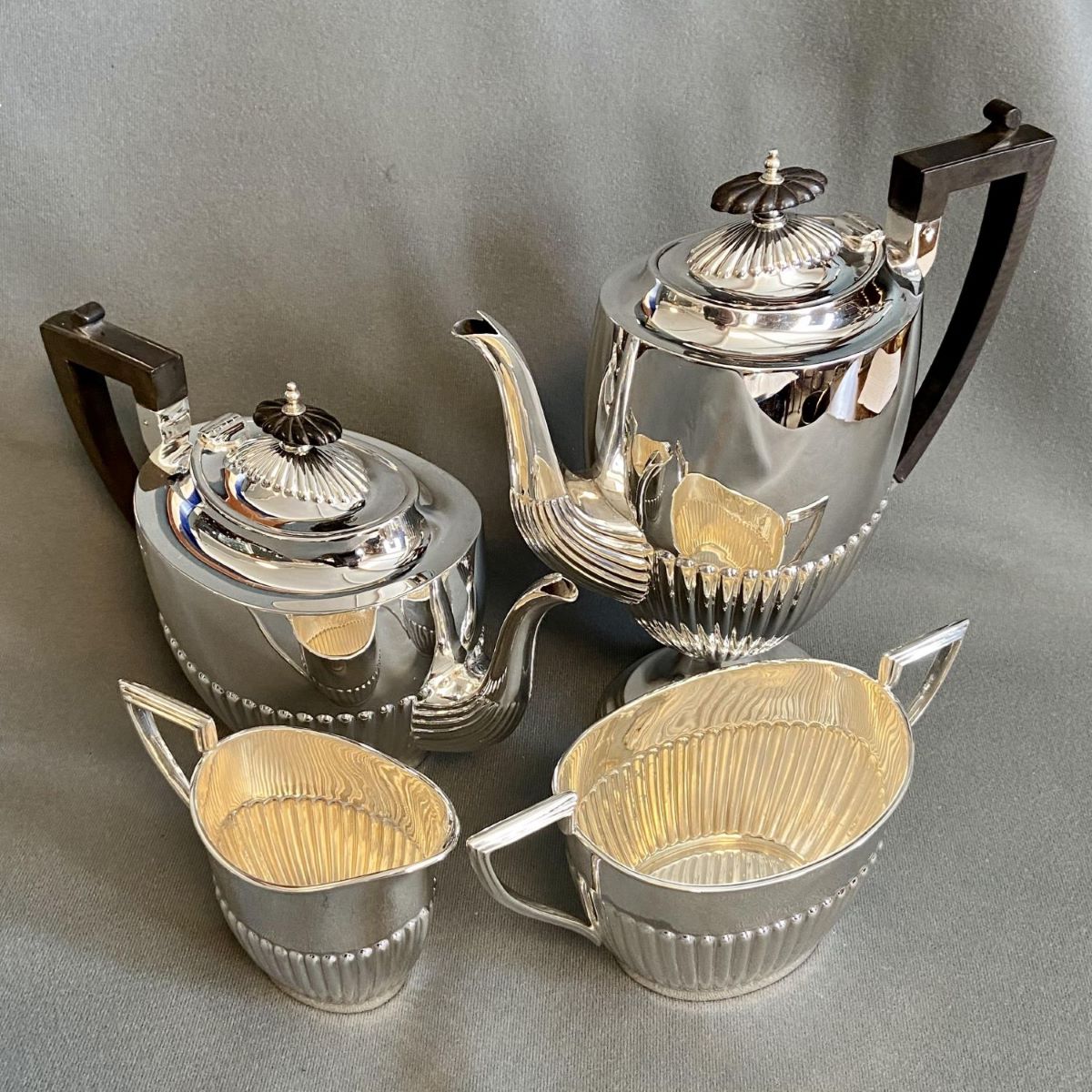
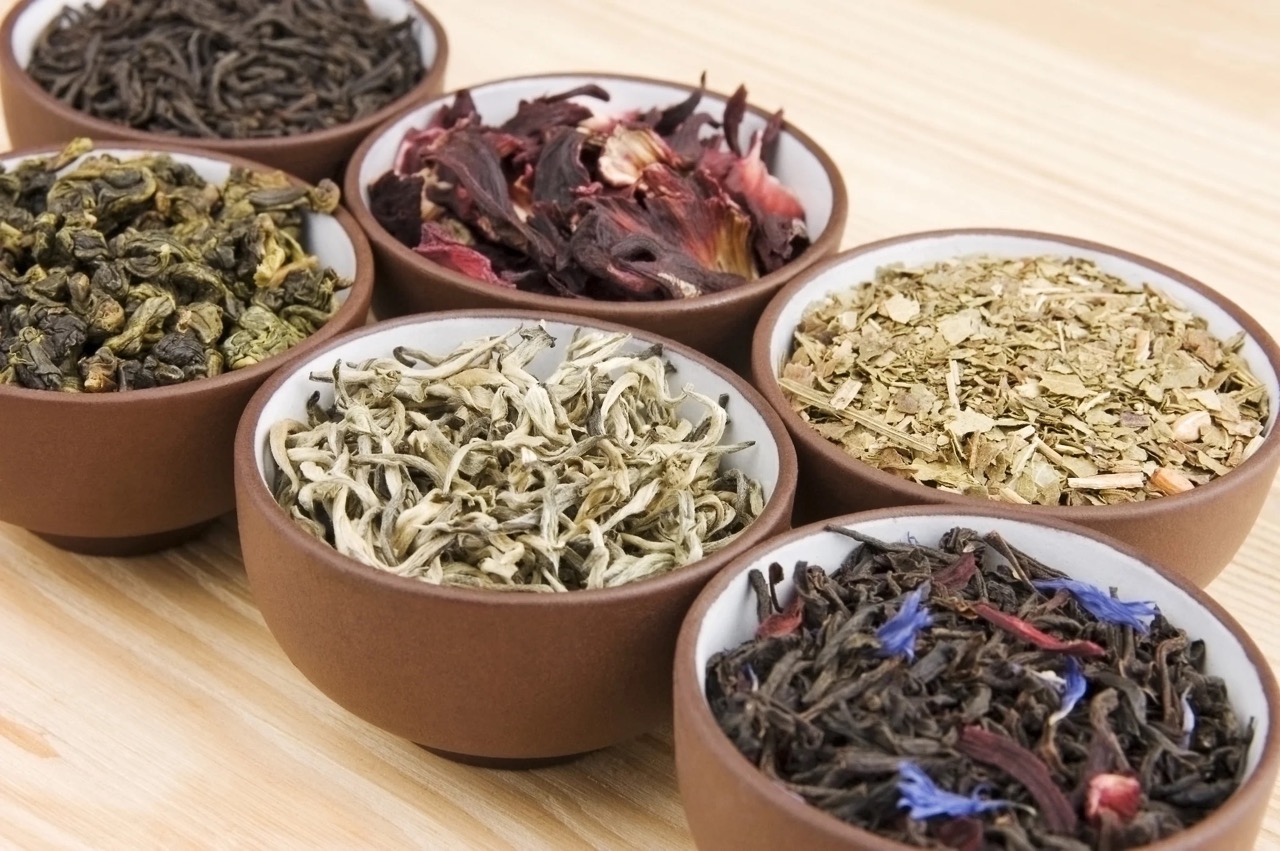
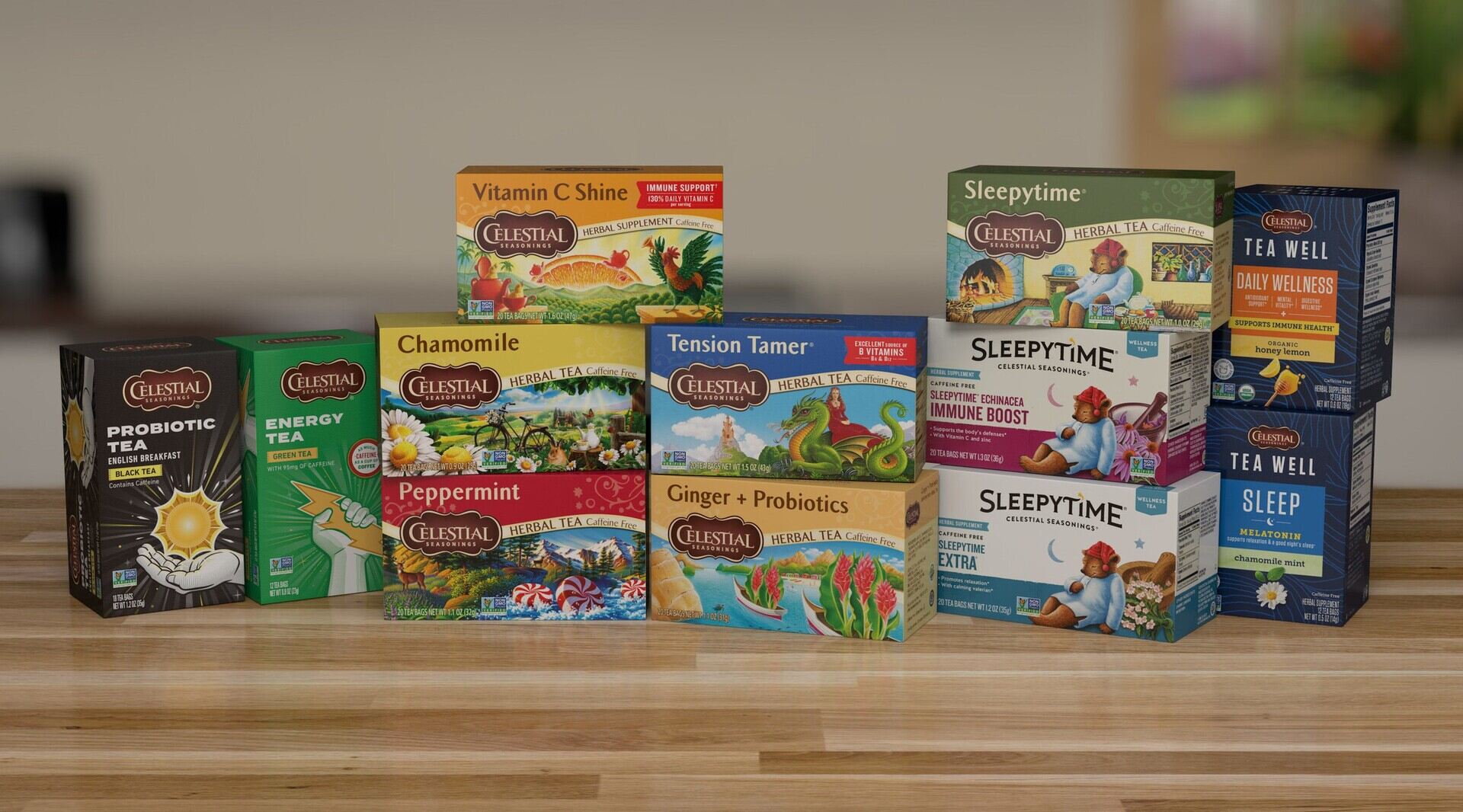
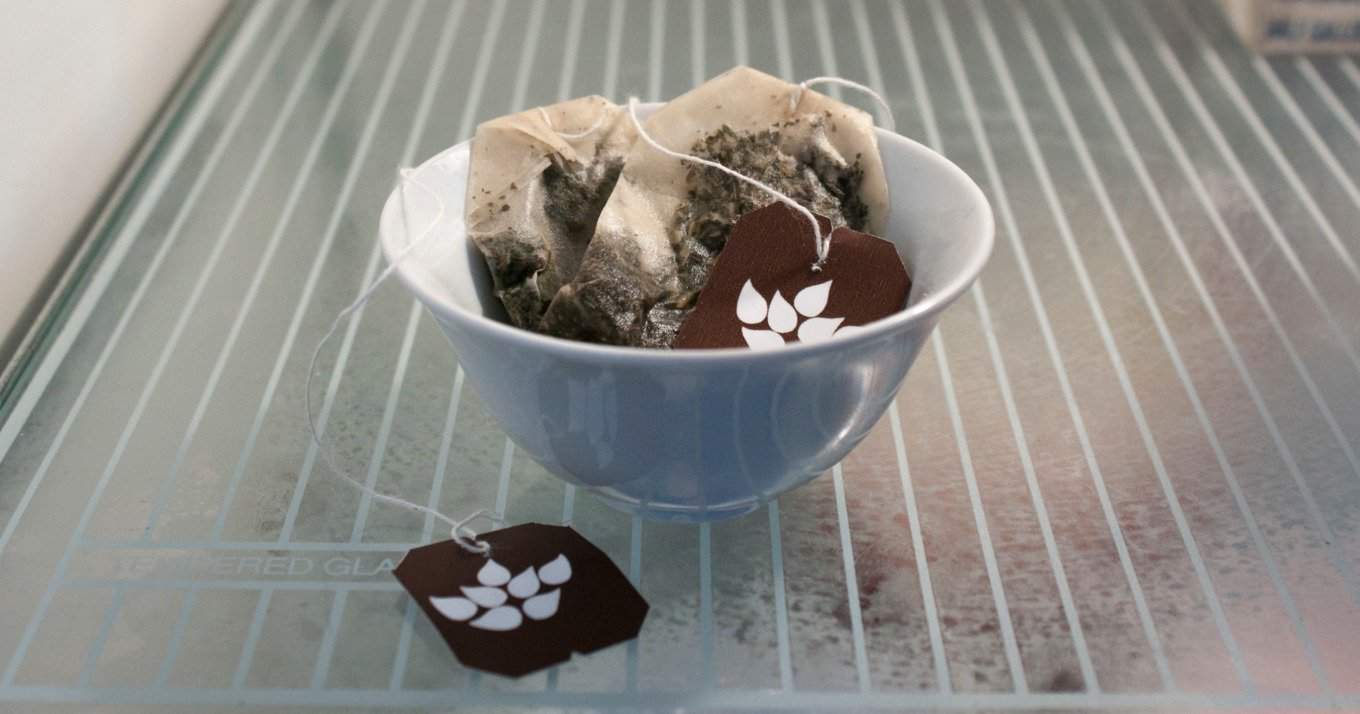
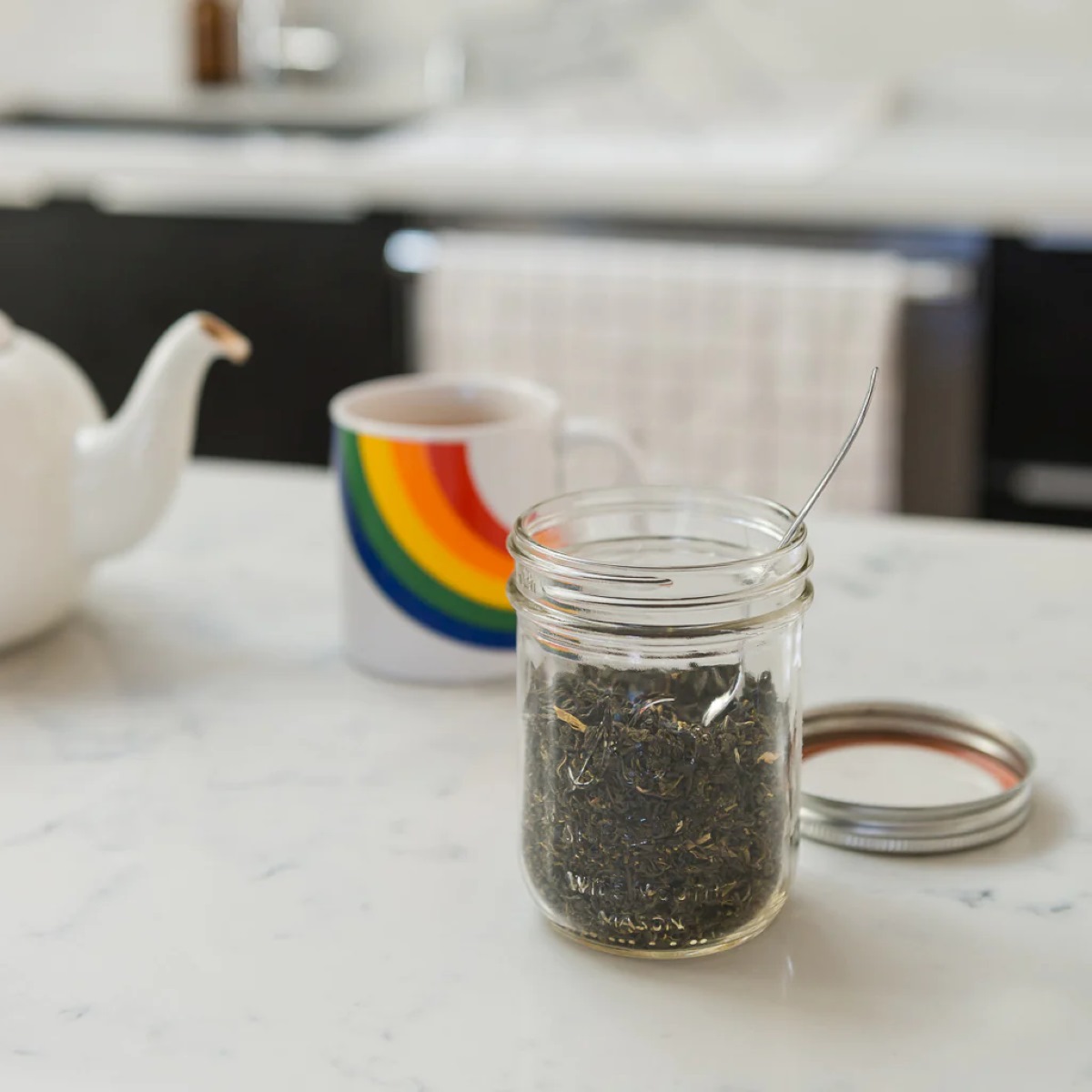

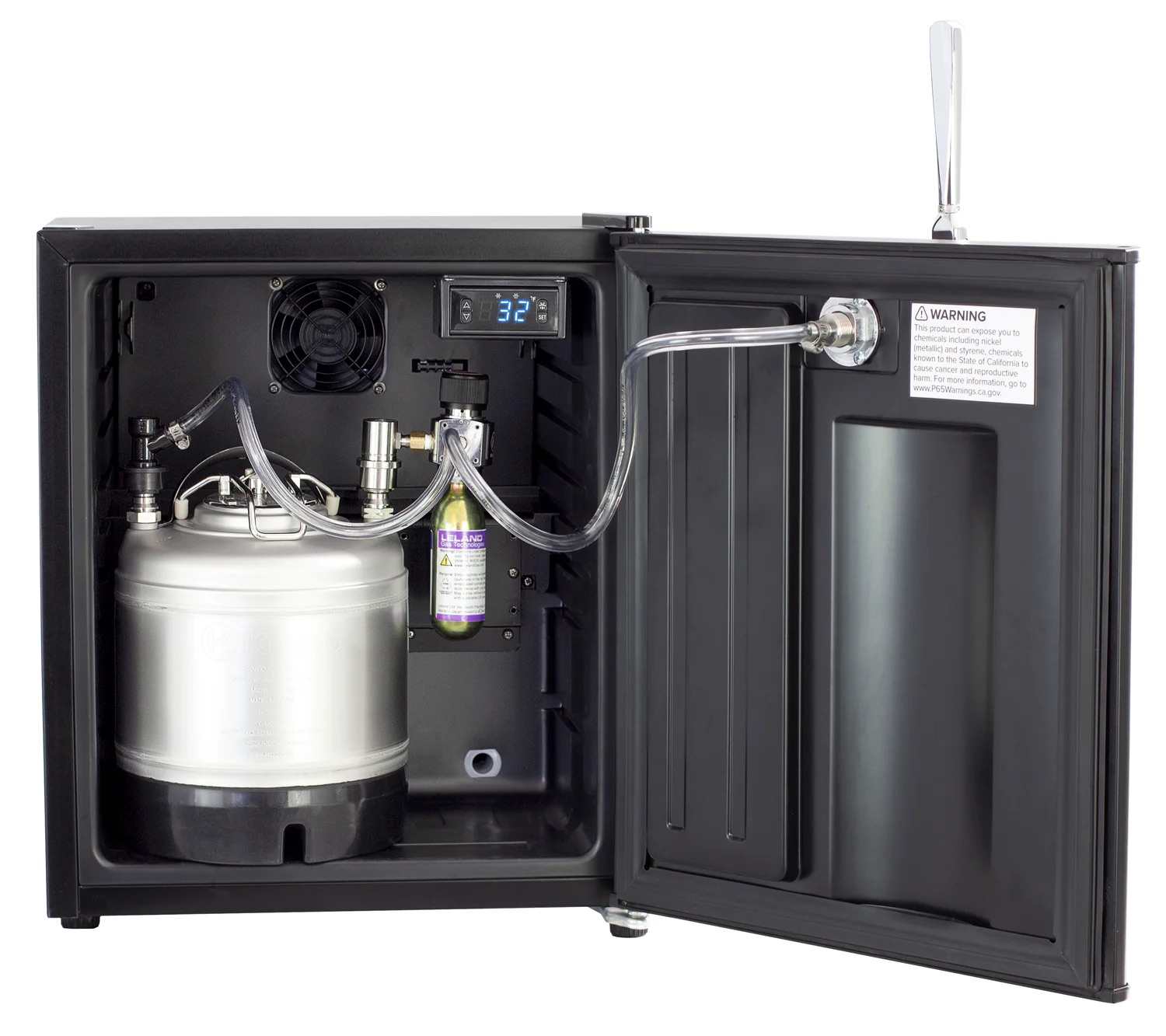
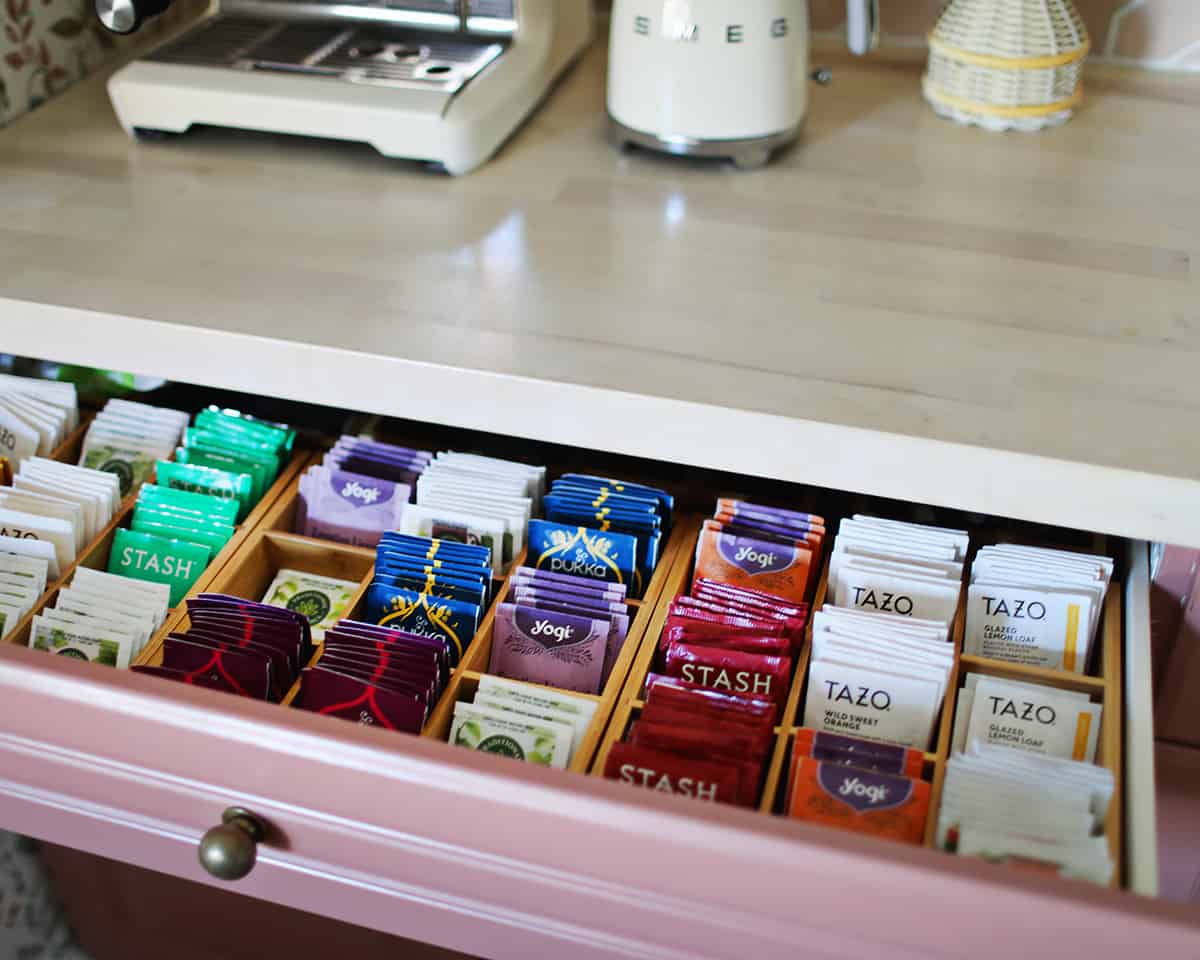


0 thoughts on “How To Store Brewed Tea”